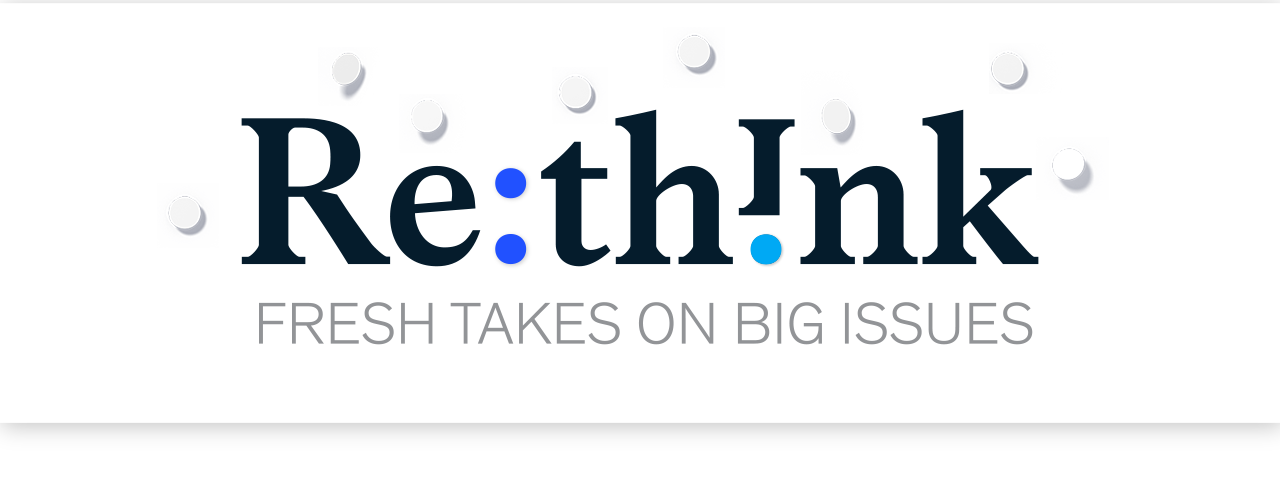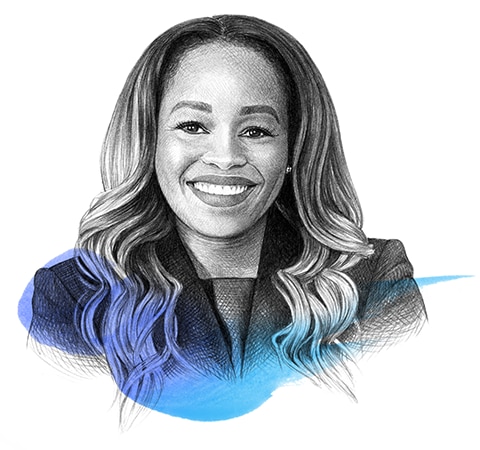 | |
|
|
|
ON MAKING EQUITY REAL
Shifting to a new mindset for equitable business outcomes
|
|
|
|
|
|
|
|
|
|
|
|
Over the past couple of years, we’ve seen a heightened interest in supporting Black consumers and businesses—a direct result of the Black Lives Matter movement and protests after the murder of George Floyd. We’ve done a lot of research during this time to understand whether this support is helping and what drives continued equity gaps for Black consumers and Black founders. We’ve found that the support is not working as well as it should, and inequities persist.
From difficulties getting to a store to a lack of product availability to dealing with salespeople without relevant expertise or training, Black consumers feel a deep dissatisfaction. Black founders are frustrated too. Forty-five percent of American consumers think retailers should support Black-owned brands, vendors, and suppliers—but I’ve talked to more than 50 Black founders, and each one of them says every part of the founder experience is arduous. These founders have passion, vision, and excitement but face disproportionate obstacles to raising capital, testing products, and getting on shelves simply because they are Black.
In 2022, why should it feel so impossible? Often companies have a social-justice lens: they want to support Black enterprise efforts because it’s the right thing to do. So they donate funds or launch programs. These are both important actions, but to get things right and have an impact, companies that really want to make a sustainable difference in supporting and creating equity may need to change mindsets.
The first concept a retailer should adopt is an investor mindset for equity. Executives should be asking themselves, “How can we drive ROI and increase equity? What are the things my organization can do that will allow us to drive competitive advantage, create more value for our shareholders, and drive equity?” These things are not mutually exclusive. When we looked at venture capital investment in beauty companies, we found that only 4 percent of late-stage-funded companies were Black-founded. They received one-tenth the funding of their non-Black peers, yet their income was 89 times higher. The ROI here is powerful: imagine what the return would look like with parity levels of investment. The more you can align your overall business strategy where both increased equity and value creation are outcomes, the more it will become a sustainable operating model. |
|
| |
| |
| |
|
The second thing companies should do is take a data-driven mindset and reconsider the metrics being used to make business performance decisions. Traditional metrics can be myopic and embed bias into performance outcomes, leading to missed opportunities for profitable growth. Take, for example, retail footprints. For store location, there’s a historical reliance on the movement of people and foot traffic. Population density in an area might lead you to believe there’s an opportunity to locate a new restaurant somewhere. And you might dismiss neighborhoods that are less dense or look like they have less movement. But in those retail deserts, the unmet need is both significant and pervasive, which opens a potentially unseen opportunity. We have data that say Black consumers are willing to pay more for healthy food, so it would still make sense to locate there. If models tell us not to make certain moves, then maybe we need new models.
Finally, companies and investors need to go beyond surface-level support. It’s great that people are excited about Black brands and want to feature Black founders’ stories. Everyone showcasing what Black businesses are doing has good intentions. But race-based marketing is not enough. And we can’t tokenize Black founders and say they make products for only Black consumers. When companies do this, they leave significant value on the table. We have to treat Black consumers as core consumers, period, and ensure that their needs are met. It’s a $300 billion opportunity, and those who can figure this out will see real growth.
|
|
|
At the end of the day, the Black brands that have had very significant success have had phenomenal products with resonance across the general consumer population. Product orientation also ensures that Black founders aren’t only pigeonholed into the Black consumer segment. The more we can lift up good products from Black founders and make sure they have their fair share of coverage across consumer segments, the more equitable the brand landscape.
|
|
| |
|
| |
| |
|
Tiffany Burns is the managing partner of McKinsey’s Atlanta office and is a leader in shaping and executing on 10 actions, McKinsey’s efforts to improve racial equity within the firm and around the world. |
|
| |
|
| | |
|
Nicolas Denis on managing a global food crisis |
|
The world’s food system requires exquisite balance, but war and climate change are destabilizing it. Here’s what’s at stake and what could be done.
|
|
| |
| |
|
This email contains information about McKinsey’s research, insights, services, or events. By opening our emails or clicking on links, you agree to our use of cookies and web tracking technology. For more information on how we use and protect your information, please review our privacy policy. |
|
You received this email because you subscribed to our McKinsey Quarterly alert list. |
|
|
Copyright © 2022 | McKinsey & Company, 3 World Trade Center, 175 Greenwich Street, New York, NY 10007 |
|
|
|
|





